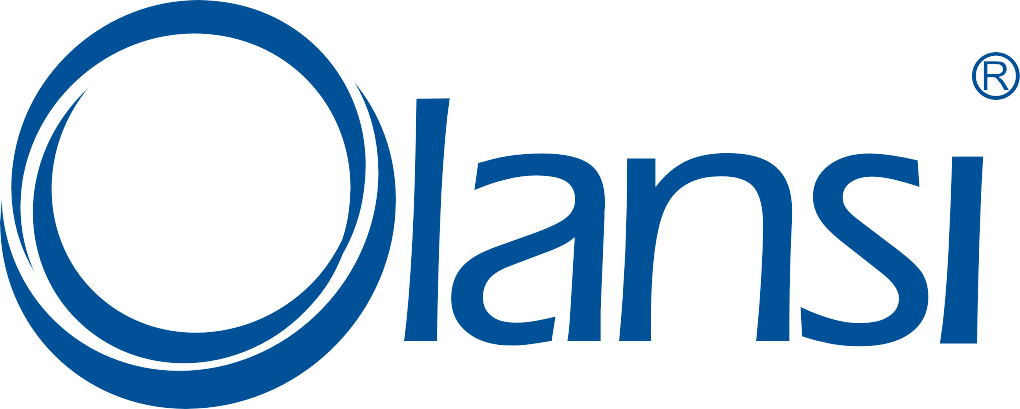What is an air purifier?
A HEPA air purifier contains a high-efficiency filter that captures 99.97% of particles that pass through the filter, while other air purifier technology can have specific uses each with its own benefits or drawbacks.
All air purifiers are designed to help eliminate free flowing particles in the air. Although these particles are not visible to the human eye, they can trigger health problems like allergies, asthma, chemical sensitivity, headaches, and fatigue.
Air purifiers may be filter or filterless, with filterless air purifiers typically requiring less maintenance but also providing less effective filtration. Types of filterless oem air purifiers include electrostatic air purifiers and ionizers.
Air purifiers that use filters typically work by using a fan to pull air through a filter which is designed to capture airborne particles. The effectiveness of the best air purifier depends on both the strength of the fan and the quality of the filter. The most effective filter material is HEPA (High-Efficiency Particulate Air), which removes 99.97% of particles that are 0.3 microns or larger. Complimentary technology used in the filter or unit may target specific airborne particles such as smoke, mold, or odor.


